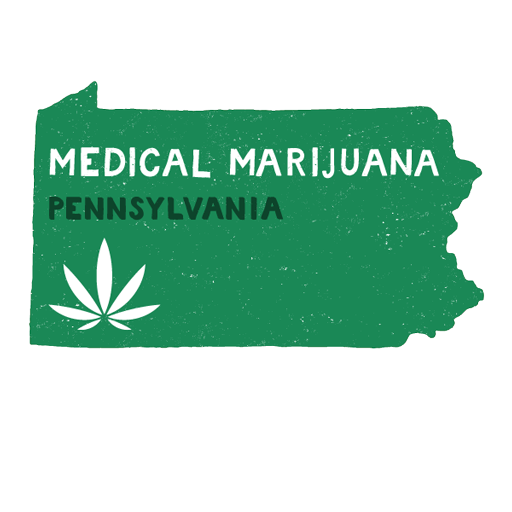Frequently Asked Questions about Pennsylvania’s Medical Marijuana Program
Patients & Caregivers
What conditions qualify?
Patients may qualify for Pennsylvania’s medical marijuana program if they suffer from cancer, HIV/AIDS, amyotrophic lateral sclerosis, neuropathies, Huntington’s disease, Parkinson’s disease, multiple sclerosis, epilepsy, inflammatory bowel disease, Crohn’s disease, post-traumatic stress disorder, intractable seizures, glaucoma, autism, sickle cell anemia, damage to the nervous tissue of the spinal cord with objective neurological indication of intractable spasticity, or severe chronic or intractable pain of neuropathic origin. The Department of Public Health also has the authority to approve for other serious medical conditions.
What forms of cannabis are allowed?
Pennsylvania’s medical marijuana program permits marijuana in the form of pill, oil, topical forms, such as gel, creams or ointments, forms medically appropriate for administration by vaporization or nebulization (excluding dry leaf or plant form), tinctures, and liquid. The marijuana must be obtained for a certified medical use by a Pennsylvania resident with a serious health condition.
Dried Leaf and whole plant marijuana are NOT allowed under Act 16. Smoking marijuana is restricted, as is purchasing food or drink infused with marijuana.
How do I become a patient in Pennsylvania’s medical marijuana program?
Patients with a qualifying medical condition and a doctor’s certification can submit an application with the Department of Public Health to enroll in the state’s medical marijuana program. If their application is accepted, the department will issue the patient and/or his or her caregiver an identification card that allows them to access medical marijuana from an approved dispensary. Learn more about how the registration process here.
When will the Department of Health begin accepting applications for patients?
The department is currently developing the process for registering patients and has not yet released applications. The department will communicate with the public as the registration process becomes available. It expects to complete the implementation of the program by early 2018. “When implementation is completed, patients who are residents of Pennsylvania and under a Pennsylvania-licensed physician’s care for the treatment of one of the 17 serious medical conditions, may lawfully and safely obtain medical marijuana in the commonwealth as permitted by the Act.”
Where will patients and caregivers obtain medical marijuana?
The Department of Public Health will initially issue permits for up to 50 dispensaries. Each dispensary may have no more than three separate locations. The Department expects to begin accepting applications for these dispensaries in early 2017.
Who is considered a caregiver?
A caregiver is an individual who is designated by a patient and approved by the department to obtain and deliver medical marijuana to the patient. Caregivers must be 21 years or older, pass a criminal history background check, submit an application to the department for an identification card, and be registered with the department.
If the patient is a minor, the caregiver may be an individual that is a parent or legal guardian of the patient or an individual designated by a parent or legal guardian.
Applications for caregivers are not yet available. There will be a $50 processing fee for caregiver applications, though the department may waive this fee if an applicant demonstrates financial hardship.
How do I talk to my doctor about medical marijuana?
The Marijuana Policy Project offers several tips on how to approach your doctor about medical marijuana in Pennsylvania. Check it out here »
